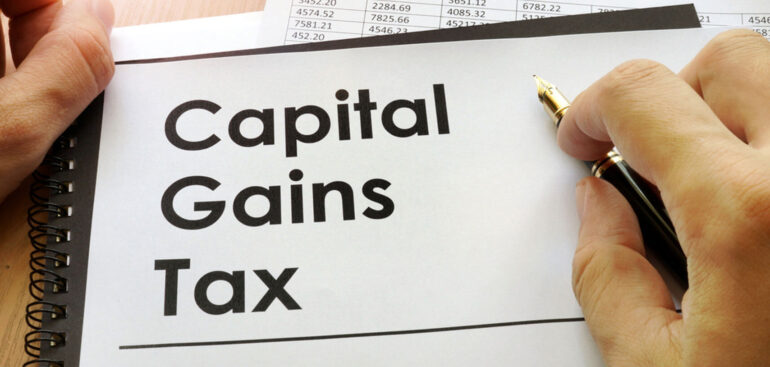With basic rate taxpayers now facing doubling capital gains tax (CGT) rates, and with the exempt amount a quarter of its previous level, it is no surprise that considerably more CGT is being paid to HMRC.
Given the changes taking place, it is important to understand the rules.
Rates of CGT
Basic rate taxpayers now pay CGT at the rate of 18%, with a 24% rate for higher rate taxpayers. Rates were previously 10% and 20% respectively, so this is an unpleasant tax hike for couples who arrange for their taxable gains to be made by the lower income partner.
Disposals
A common misconception is that CGT is only due if an asset is sold, but assets given away to anyone other than a spouse or civil partner are also disposals. Furthermore:
- With no proceeds coming in if a gift is made, there might be no funds available to pay the related CGT bill.
- Selling an asset, such as a second property, to a son or daughter at an undervaluation doesn’t avoid CGT. The tax calculation will be based on the asset’s market value.
Similarly, an exchange of assets does not avoid CGT. Again, the market value of each asset will be used when calculating each person’s CGT liability.
When it comes to cryptocurrency, there can be a gain if it is used to pay for goods or services, or if there is a switch in currencies – such as converting Bitcoin into Ethereum.
Some basic planning
Although there is now less scope for CGT planning, there are still opportunities:
- Make use of your £3,000 exempt amount each tax year, as it cannot be carried forward;
- Making personal pension contributions in the same year as a disposal may reduce the rate of CGT from 24% to 18%; and
- Crystalise assets standing at a loss so that the losses can be used to reduce taxable gains (but be careful not to waste the exempt amount).
Spouses and civil partners should plan as a couple, so that two exempt amounts and basic rate bands can be utilised.
HMRC’s guide to CGT (when it is paid, on what, rates and allowances) can be found here.


